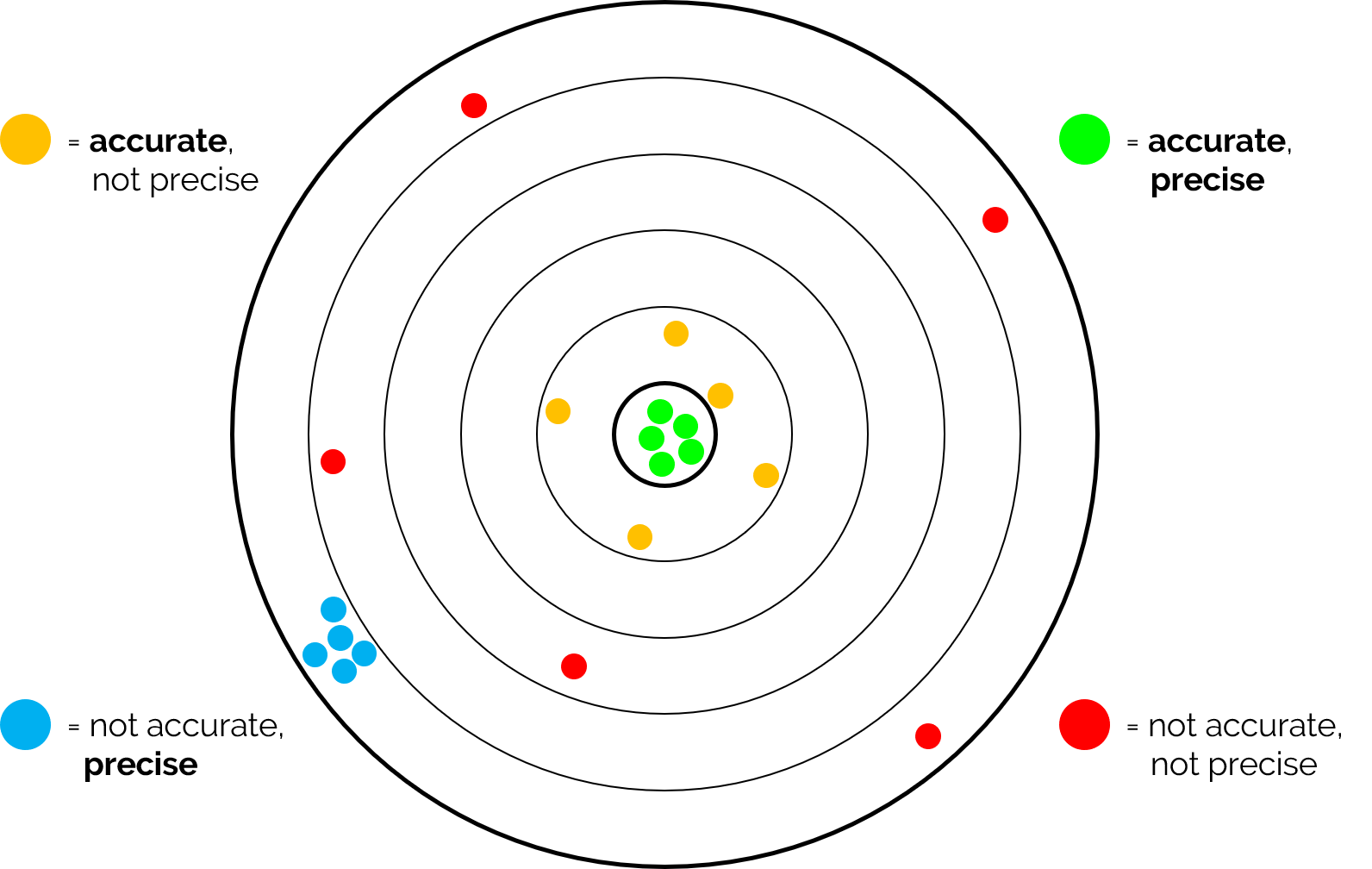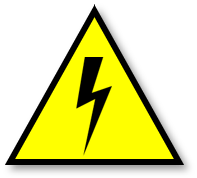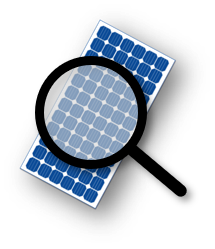What is relevant - and why?
Precision
Precision is essential for detection and recognition of performance – and safety – issues. The more precise, the better.
SunSniffer detects performance reducing issues with the precision of 1%.
Established in-field methods like infrared thermography can only detect issues above 8%, according to a study of Bavarian Center for Applied Energy Research. Losses under 8% can add up immensely over the life time of the plant, being not even noticed!
And testing methods in lab? The problem with precision in labs is that it can vary widely, as a comparison of the Joint Research Centre (JRC) of the European Commission found out. Even if not: you need to demount the modules and bring them to a lab for testing, which means costs plus underproduction.

Voltage
Current of solar modules is depending on irradiation. Voltage of solar modules usually remains the same. Only influential factor is temperature, but this can be calculated out easily. So voltage is the perfect base for analytics.
Most errors unveil themselves by changes of their voltage value. Analyzing the voltage signature of each modules is the key to profound error detection.

Module measurement
The voltage value of connected strings is their average. When one string has an issue, its voltage reduces and thus the average voltage of all strings is reduced. This can be an indication of a problem, but it is impossible to locate it.
Only with the measurement of the voltage of each module it is possible to certainly pin down the issue and locate it.



